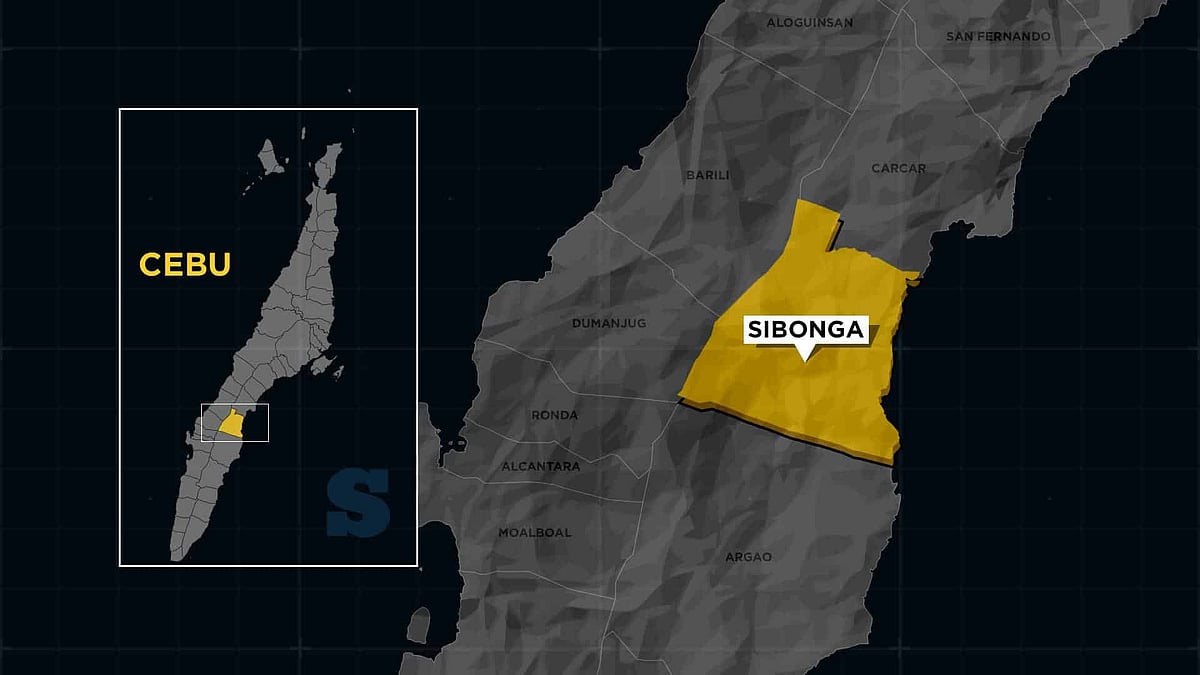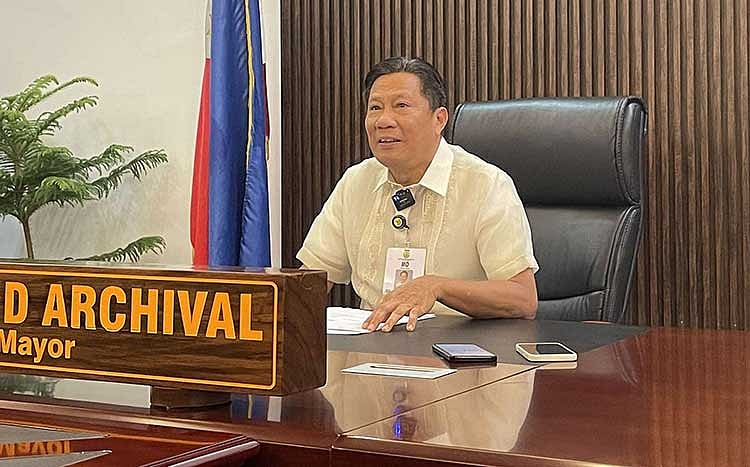

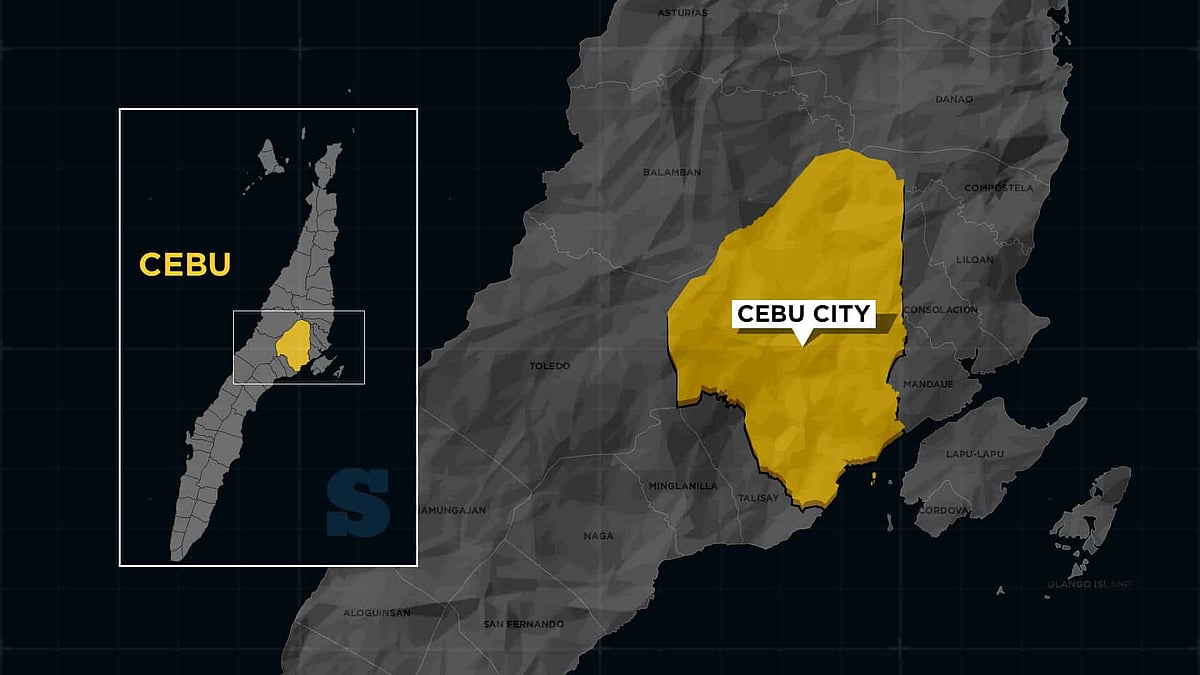

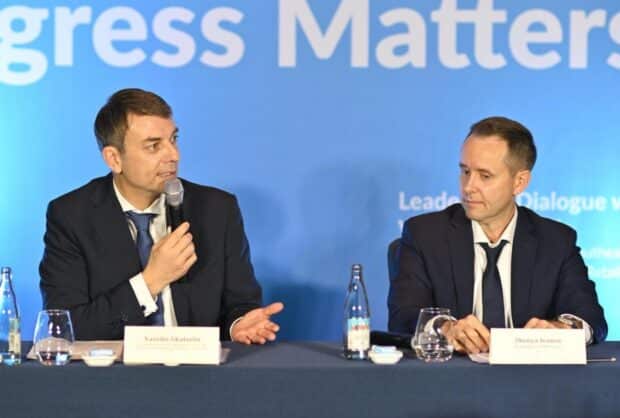
PMI exec highlights PH investments to advance smoke-free shift
MANILA, Philippines — Philip Morris International (PMI) is accelerating its push toward a smoke-free future through continued investment and expansion in the Philippines, viewing the country as a key market due to its strong workforce, improving infrastructure, and openness to innovation. PMI considers the Philippines a strategic manufacturing hub and has invested more than USD 2 billion in the country. These investments include manufacturing expansion, the development of smoke-free products, and digital capabilities. As PMI shifts its resources and capabilities toward smoke-free products, the Philippines plays an increasingly important role in supporting regional operations, exports, and supply chains that drive this transition. Based […]... Keep on reading: PMI exec highlights PH investments to advance smoke-free shift
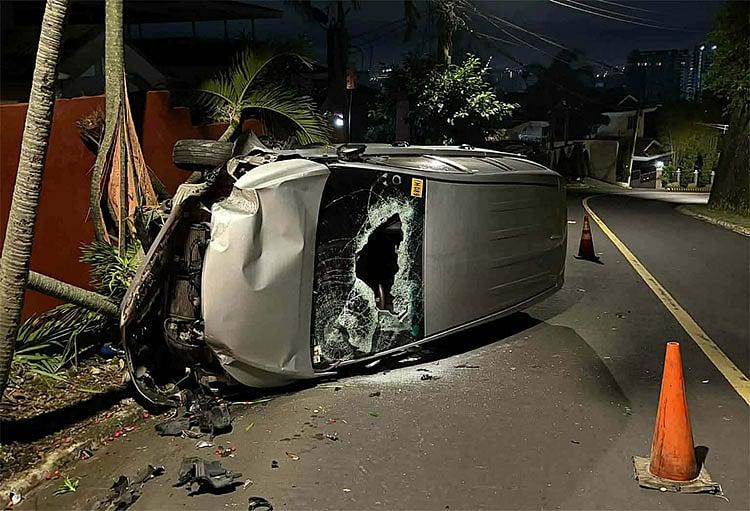
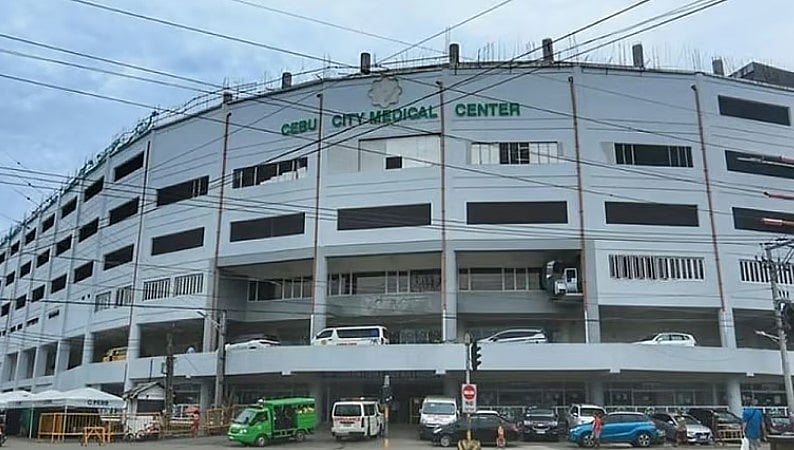
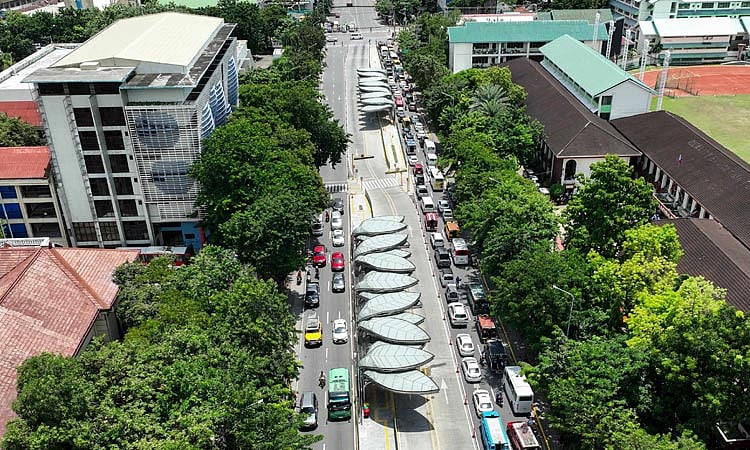

TRGGRD!: Mark Oliveros, kumusta matapos mamatayan ng ama?
Ano kaya ang energy ni Mark Oliveros at ng kanyang kapatid ngayong 2026 matapos ang pagluluksa nila no'ng 2024 at 2025 dahil sa yumaong ama?
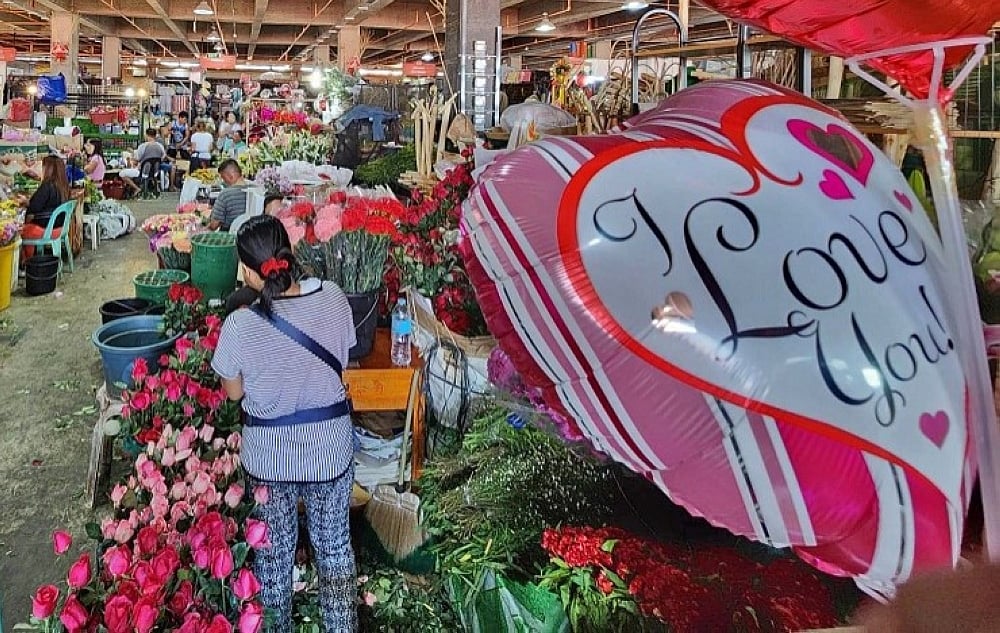
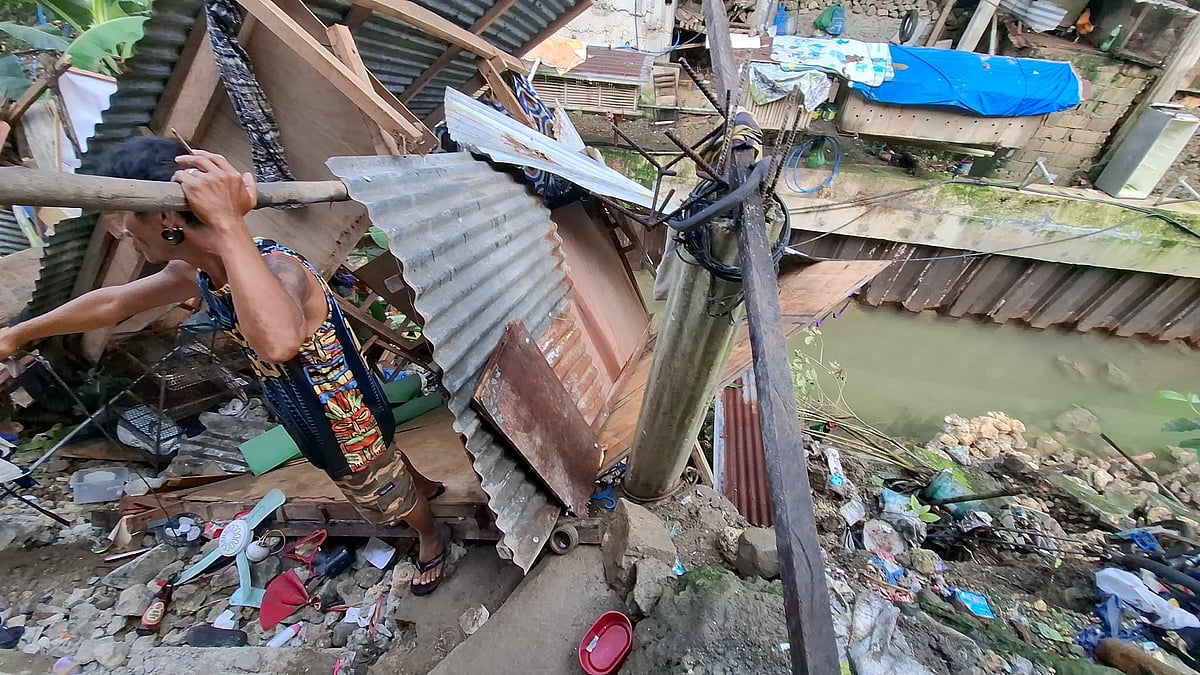
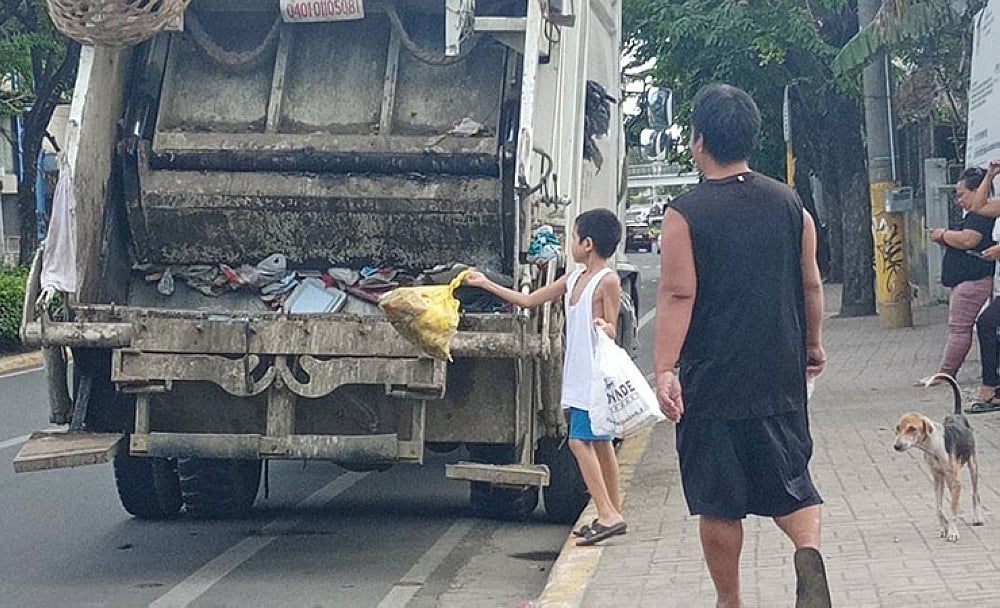

Britney Spears sells rights to music catalogue
Reports say the deal, signed on December 30, is 'in the ballpark' of Canadian singer Justin Bieber's reported $200-million agreement to sell his music rights to Hipgnosis in 2023
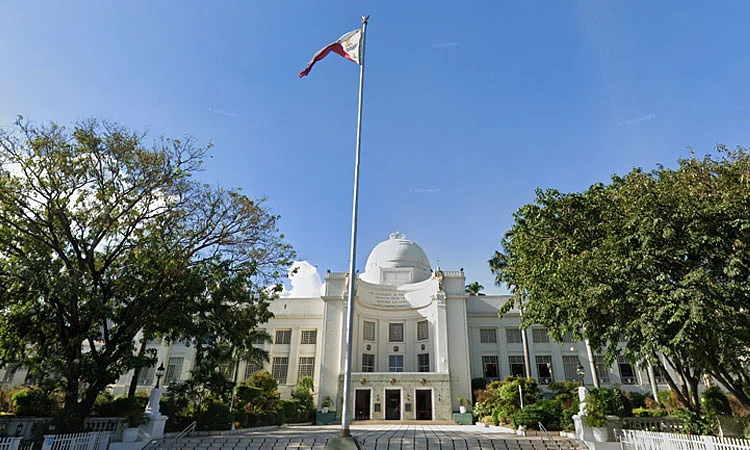


UAAP: Shevana Laput ready to lead La Salle's title redemption bid
MANILA, Philippines — Embracing a bigger role as the new La Salle captain, Shevana Laput preaches a winner’s mentality, as the Lady Spikers seek title redemption in the UAAP Season 88 women’s volleyball tournament. Laput believes the Lady Spikers are built to go all the way this year after falling short to National University in two games in last year’s finals. READ: UAAP: Angel Canino, La Salle aim to end ‘heartbreak after heartbreak’ Shevana Laput embraces a bigger role for La Salle as the new captain. #UAAPSeason88 @inquirerdotnet pic.twitter.com/QmxVKvaUhH — Lance Agcaoili (@LanceAgcaoilINQ) February 11, 2026 “Of course, you want […]... Keep on reading: UAAP: Shevana Laput ready to lead La Salle's title redemption bid
